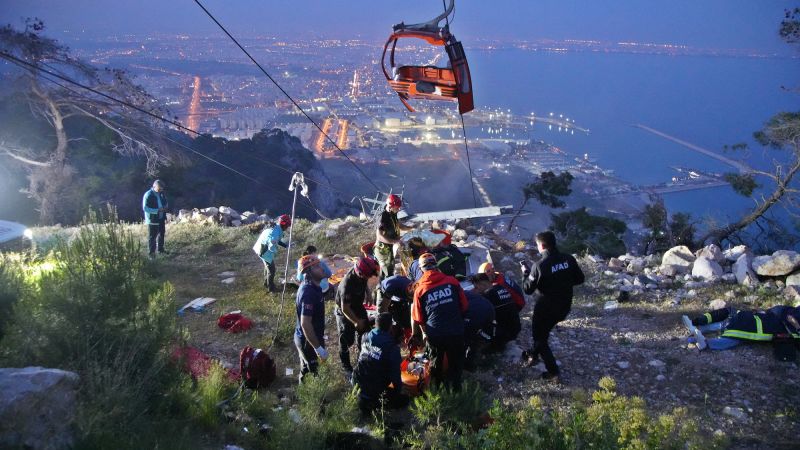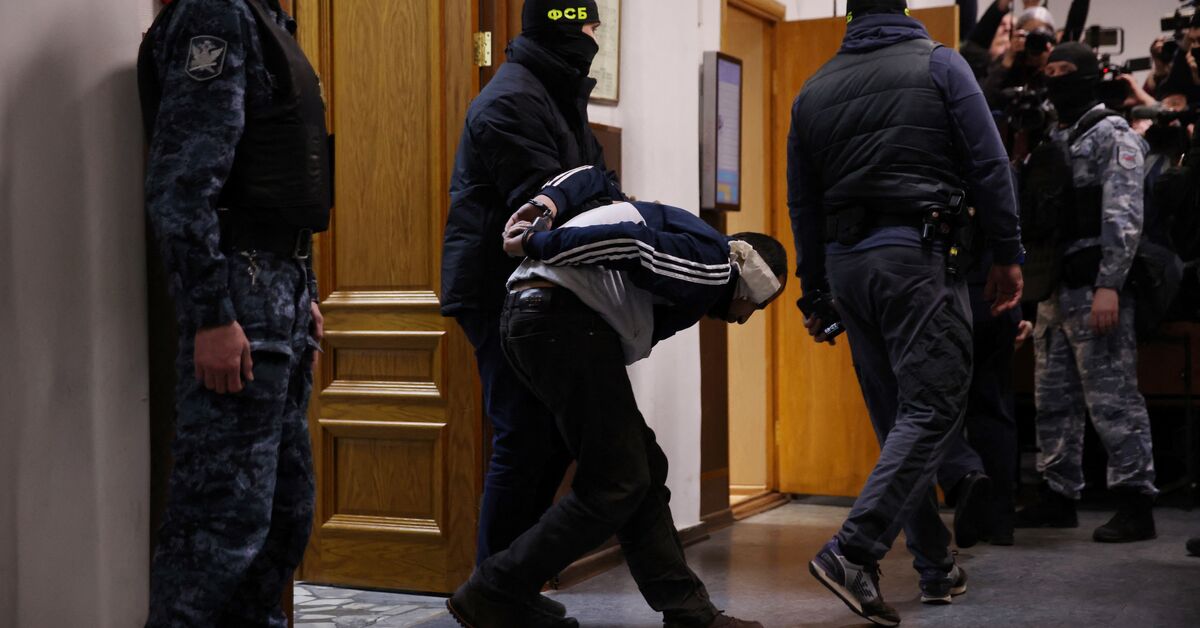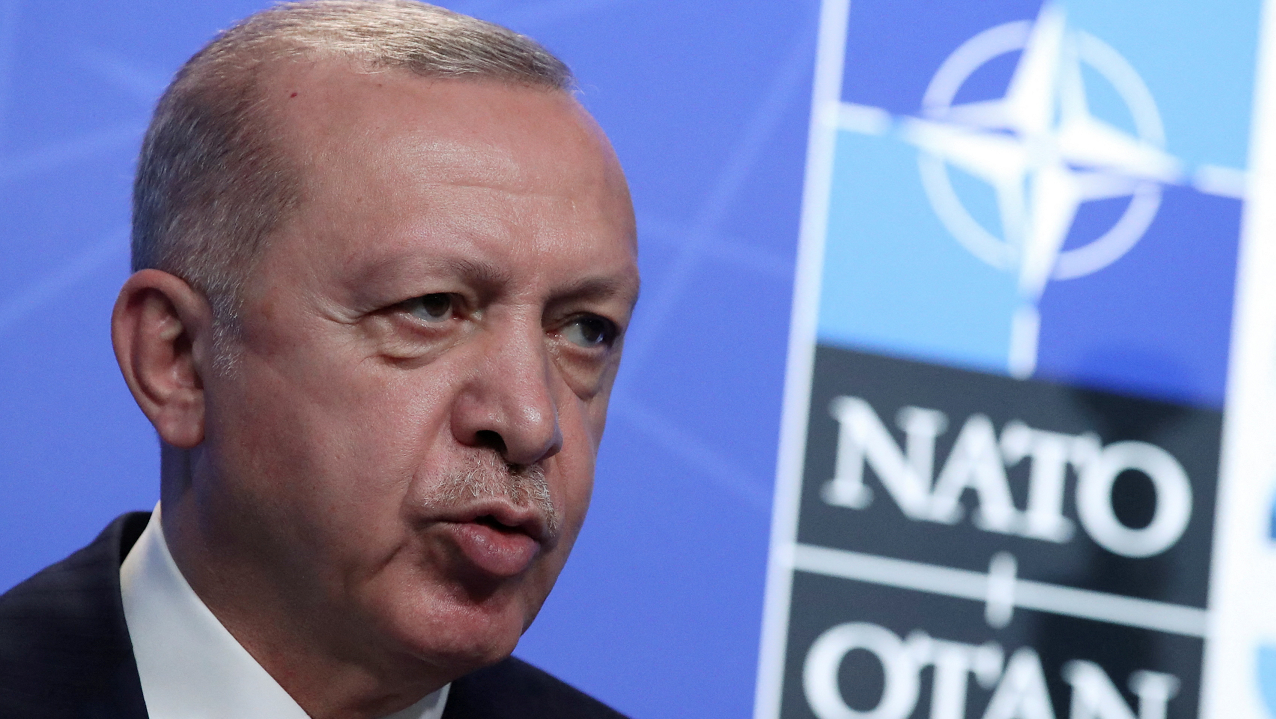Ankara demands ships prove insurance coverage to pass through Turkish Straits
ANKARA
Türkiye has started demanding that oil tankers passing through the Istanbul and Canakkale Straits confirm that they have insurance after some international companies canceled the coverage of numerous vessels due to sanctions imposed on Russia over the war in Ukraine, according to Turkish officials.
Baring vital commercial importance as they connect the Black Sea with the rest of the world, the Turkish Straits became a major point of discussion with the eruption of the Russia-Ukraine war on Feb. 24.
The straits are among the world’s most difficult waterways to traverse, as ships must deal with strong currents, sharp turns, and varying weather conditions. While the 1936 Montreux Convention guarantees freedom of navigation for merchant vessels, the passage is also regulated to uphold Türkiye’s security.
Ensuring safe navigation, as well as protecting life, property, and the environment, in the Turkish Straits are considered Türkiye’s red line.
Since 2002, Türkiye has obliged all ships seeking to pass through the straits to have protection and indemnity (P&I) insurance, with vessels lacking such coverage barred from going through.
Stance of international insurance companies
Turkish officials told Anadolu Agency that international insurance companies — most of them UK-based — expect Türkiye to let oil tankers through the Istanbul Strait without any guarantees.
In this way, they intend to both comply with the international sanctions and maintain their responsibilities towards ship owners with which they have commercial relations.
However, companies have stated that the insurance of many oil tankers may not be valid due to the sanctions against Russia, creating uncertainty on the matter.
These insurance companies have canceled the coverage of many oil tankers, declaring that in the event of an accident, they would provide no compensation for such expenses as cleaning up spillovers, compensating damages to third parties, or removing the ship from the site.
Since Dec. 1, 2022, Ankara started demanding that ships carrying crude oil that have a very high risk of causing disasters still have valid and comprehensive insurance during their passage through the Turkish Straits.
Who will cover billions of dollars in damages?
On recent foreign media reports alleging that lines of tankers had accumulated at the mouths of the straits in recent days, a Turkish official told Anadolu Agency that there had been no significant change in the number of vessels awaiting passage.
“Türkiye’s request for confirmation that oil tankers passing through the straits have valid insurance is a just and legitimate demand since the majority of international insurance companies, which insure the tankers passing through the strait, have declared that the tankers they previously insured are no longer within coverage due to the sanctions imposed on Russia,” said the official on condition of anonymity.
The official stressed that to let oil tankers pass through the straits without insurance would violate regulations in Türkiye.
“God forbid, if an accident happens in the straits, who would cover the damages that can reach billions of dollars? Who would be responsible?” the official asked.
Türkiye requires that the insurance company provides documentation proving the ship’s valid insurance, the official said, adding that the vessels that can do so are allowed passage through the straits.
As tankers pass through the Istanbul Strait, which is home to around 20 million people, no one can turn a blind eye to the consequences of possible accidents, the official added.
However, the official also noted that if the confirmation letter is not submitted, measures to manage maritime traffic could be taken if necessary so as to prevent congestion.
*Writing by Gozde Bayar
Anadolu Agency website contains only a portion of the news stories offered to subscribers in the AA News Broadcasting System (HAS), and in summarized form. Please contact us for subscription options.



